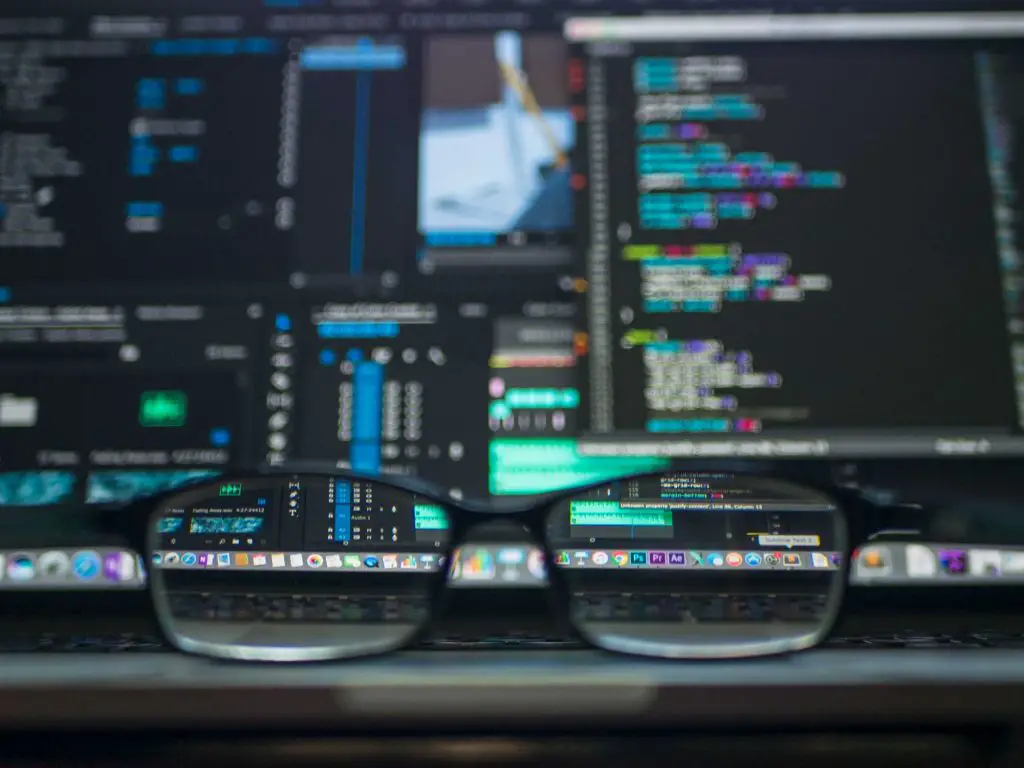Gone are the days when you could rely on paper and pen to manage a business. To keep your business running smoothly, it needs a robust and reliable business computer. Ideally, a computer’s lifespan is around 3 to 5 years. And your business computer is no different.
That being said, a powerful and reliable digital system can be your productivity tool if you choose wisely. But there are so many options available, with a few being less expensive than others. If you base your decisions on the price alone, it might get murky for you in the foreseeable future.

You might have to face issues like:
• Applications are running slowly.
• Repeatedly crashing computers
All in all, impacting your employees’ productivity and efficiency. So, when you start looking for computers for your business, you must consider the following features and specifications.
Laptop or Desktop- What’s Better?
For this, you need to consider whether your business or employees require the portability of a laptop. Laptops are usually expensive if you look for the same configurations and power. Also, they are less upgradeable. So, you might have to look for possible solutions after a while to speed up the system’s productivity.
Ideally, when it comes to businesses, a desktop PC is a far better choice. You can quickly get more power and upgrade features at a relatively lesser cost. But if you have to liaise with external clients through meetings away from your workplace, going for laptops will be a good idea.
Technical Specifications- Things to Consider
When you start your search for different options available, you’ll stumble upon specific technical jargon like processor speed, RAM, hard drive, or SSD storage capacity. Of course, you don’t have to be a technical wizard to figure out what will be best for your company.
To help you understand this briefly, look at the following technical specifications that you must check before saying “yes” to purchasing systems for your business.
• CPU: This is also called the computer’s brain. It runs the applications you use and manages the rest of the system. You must look for two factors- clock speed and number of cores. The more the cores, the most quickly the system will work.
• Memory: You’ll find two types of memory here, i.e., RAM and storage. If you have more RAM, you can work on larger projects and can simultaneously open many applications. System storage typically comes in two forms, SSD and HD. You need to have both to store large amounts of information and for better performance.
• Expandability/Upgradability: As we mentioned before, most computers have a lifespan of around 3 to 5 years. But if there is an option of upgradability in the system, you can outgrow the PC. For instance, you can upgrade RAM and storage to meet your company’s current needs.
Besides this, you need to check the graphics/ display choices, warranty, and support for a better overall experience.
Final Takeaways
While you should never overspend on a business PC, it doesn’t mean that buying the cheapest option will help you work seamlessly. Look for good brands that provide excellent customer support and help to maintain your systems for years.
Remember, your business PC is a tool. It is an investment that will be instrumental in creating better opportunities for a better ROI.









0 Comments